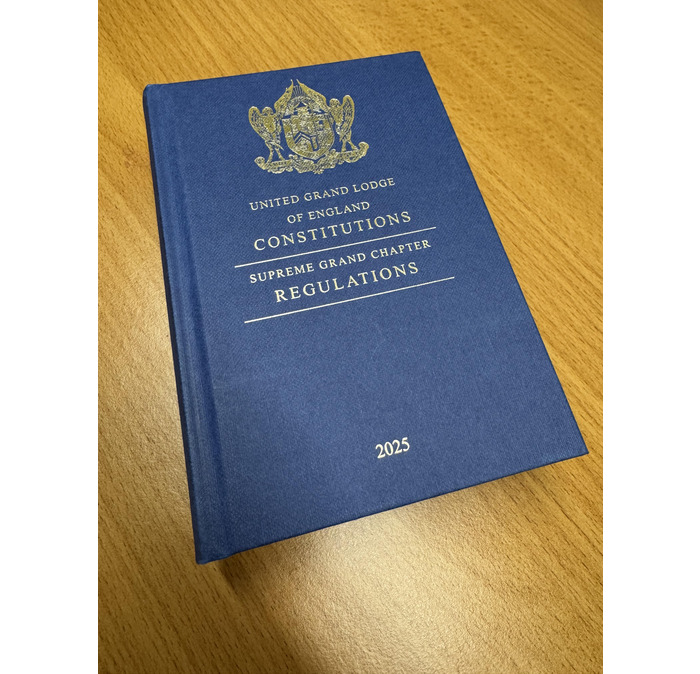
UGLE Welcomes 18-Year-Old Members. What are the Benefits of Joining Freemasonry Young?
If you have a look at the new edition of the United Grand Lodge of England (UGLE) Book of Constitutions, you will notice one significant change that is set to open new doors for a younger generation. The minimum age for membership has been lowered from 21 to 18 for all prospective members.
Here are my opinions on this, speaking as a private individual. I think this pivotal decision marks a progressive step for the organisation, reflecting a commitment to inclusivity and adaptation to the evolving landscape of modern society. This change was notably mentioned (yes, I was there) on 9 September 2020, during an address by MW The Pro Grand Master Peter Lowndes, signalling its official introduction to the Craft.
Previously, there were two very specific exceptions to the 21-year-old age rule. The son of a Freemason (known as a Lewis) was traditionally permitted by dispensation to join at 18. Additionally, certain university lodges also had provisions for their students to participate at the age of 18, recognising their unique academic environment. However, this new change broadens the opportunity, extending it to any man aged 18 and over who meets the other criteria for membership, regardless of family connections or university affiliation.
I personally welcome this decision, because when I was 18, I had read about the order and was keen to join. I was, however, unable to due to the age restriction (my grandfather was a Scottish Mason but not my father). This new rule addresses that very issue, opening the doors to a new generation of potential members who are ready to embark on this journey.
For centuries, Freemasonry has been a fraternity built on principles of integrity, friendship, respect, and service. It offers a unique framework for personal development, encouraging members to become better versions of themselves through moral and ethical teachings, camaraderie, and charitable work. Historically, the age requirement of 21 aligned with the traditional legal age of adulthood in many societies. However, as the responsibilities and capabilities of 18-year-olds have been increasingly recognised, with the age of majority adopted by the UK parliament in 1969, UGLE has responded by adapting its rules to welcome these young adults in line with society.
I feel this change is more than just a numerical adjustment. It is a statement about the value UGLE places on fresh perspectives and youthful energy. By inviting 18-year-olds to join, the organisation acknowledges that maturity and a desire for self-improvement are not solely defined by age. It provides an opportunity for young individuals to engage with a supportive community, develop leadership skills, and contribute to meaningful causes at an earlier stage in their lives.
The benefits of this change are multifaceted. For UGLE, it means an infusion of new ideas and a broader demographic, ensuring the continued relevance and vitality of the fraternity. For young people, it offers a structured environment for mentorship, networking, and personal growth at a crucial time when they are often navigating higher education, early careers, and forming their adult identities. Imagine starting your adult life with access to a global network of individuals dedicated to mutual support and community betterment.
Of course, becoming a Freemason is a considered decision, regardless of age. Prospective members are encouraged to learn about the organisation, its values, and its commitment to charity. The lowering of the age simply expands the window of opportunity, inviting those who are ready to embark on a journey of self-discovery and service to consider Freemasonry as a path.
This move by UGLE is a testament to its enduring legacy and its ability to evolve while staying true to its core principles. It is an exciting time for Freemasonry, as it embraces a new generation ready to contribute to its rich history and promising future. I very much hope that in time, other Grand Lodges will see and reflect this decision in their own constitutions.

